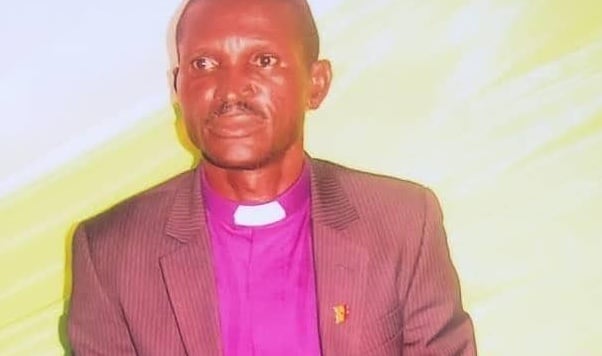The aftermath of the December 7th elections in Ghana has been marred by a disconcerting wave of vandalism, theft of government properties, and unlawful dismissals of state employees, prompting Reverend David Armstrong, founder and leader of Mo Mary Fellowship in Kumasi, to issue a strong condemnation of these actions. Rev. Armstrong, speaking from Kumasi, expressed profound disappointment with the behavior exhibited by supporters of both the National Democratic Congress (NDC) and the New Patriotic Party (NPP), urging them to prioritize national unity and cease their destructive activities. He highlighted the alarming reports of NPP loyalists allegedly engaging in the looting of state assets following their party’s electoral defeat, while simultaneously condemning the reported actions of NDC supporters who are accused of illegally dismissing legitimate state employees and seizing positions of authority simply because their party has assumed power. Rev. Armstrong emphatically questioned the partisan ownership of Ghana, reminding all citizens that the country belongs to everyone and that these destructive actions not only violate the law but also tarnish the nation’s reputation both domestically and internationally.
Rev. Armstrong’s central argument focuses on the detrimental impact of these partisan actions on Ghana’s progress and stability. He underscores the irrationality of destroying national assets, arguing that such acts of vandalism will not benefit any political leader or party, including former President John Dramani Mahama. He emphasized that the destruction of millions of cedis worth of property ultimately hinders national development and recovery. Furthermore, he warned those involved in threatening and unlawfully dismissing state employees that they could face legal repercussions for their actions. The clergyman’s message serves as a stark reminder that political transitions should be characterized by peaceful handovers of power and respect for the rule of law, not by acts of vengeance or self-enrichment.
Rev. Armstrong’s appeal for unity and stability serves as a critical call to action for all Ghanaians. He stressed that the path to progress lies in fostering national cohesion and avoiding divisive partisan practices. The clergyman argued that continued acts of partisanship and destruction could escalate tensions, breed animosity and hatred among citizens, and ultimately disrupt the peace and stability of the nation. He emphasized that the pursuit of political agendas should not come at the expense of national harmony and progress. He advocated for a shift in mindset, urging citizens to prioritize the collective good of the nation over narrow partisan interests. This call for unity transcends political affiliations and underscores the shared responsibility of all Ghanaians to build a more cohesive and prosperous nation.
In echoing President John Dramani Mahama’s call for decisive action from security agencies, Rev. Armstrong urged the police and other security forces to fulfill their mandates by arresting those responsible for the unrest and chaos. He stressed the importance of holding perpetrators accountable for their actions to deter further acts of vandalism and intimidation. This call for swift action underscores the need for the rule of law to prevail and for the security agencies to play their crucial role in maintaining order and protecting public property. By holding those responsible accountable, Rev. Armstrong believes that the cycle of violence and destruction can be broken, paving the way for a more peaceful and stable political environment.
Rev. Armstrong’s closing remarks emphasized the importance of patriotism and the collective responsibility of all Ghanaians to protect the nation’s assets and ensure a peaceful transition of power. He urged citizens to embrace the principles of unity, respect for the rule of law, and a commitment to national development. He believes that by adhering to these principles, Ghana can avoid the pitfalls of division and forge a path towards a more prosperous and unified future. This appeal to patriotism serves as a reminder that the strength and progress of a nation depend on the collective actions and commitment of its citizens.
The clergyman’s intervention comes at a critical juncture in Ghana’s political landscape. His message resonates not only with the immediate concerns regarding post-election violence and instability but also with the broader need for national unity and a commitment to peaceful democratic processes. His call for responsible behavior from political party supporters, his emphasis on the rule of law, and his appeal for patriotism offer a roadmap for navigating the challenges of political transitions and building a stronger, more unified Ghana. Rev. Armstrong’s message serves as a timely reminder that political progress should be pursued through peaceful and lawful means, with a focus on the collective good of the nation, rather than through destructive partisan actions that undermine national stability and progress.














